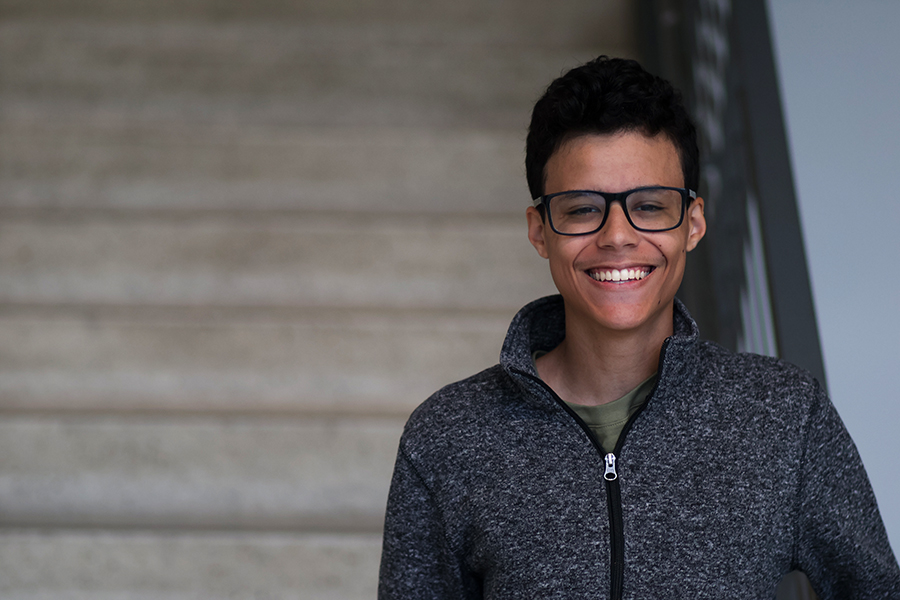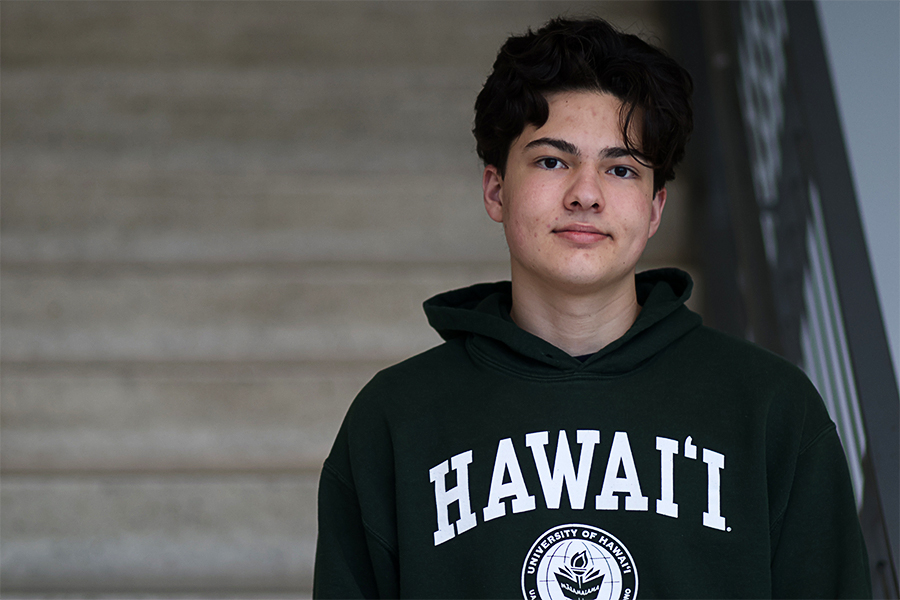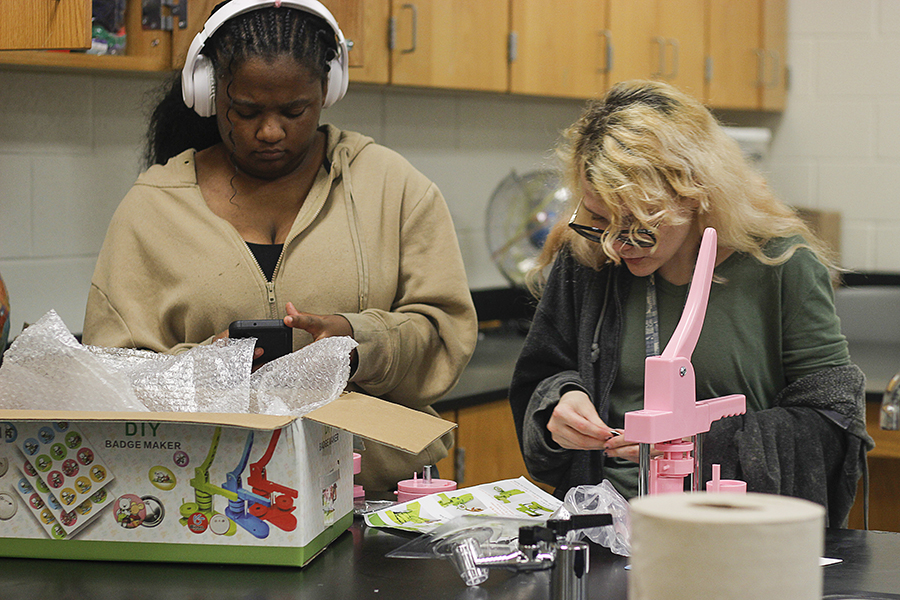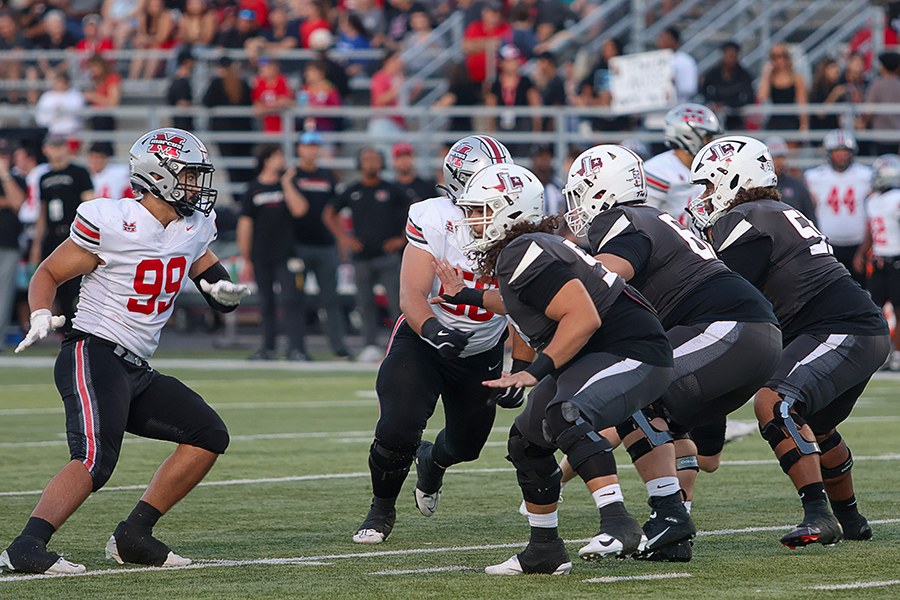National Organ Donor Day is celebrated every year on Feb. 14. It sheds light on the importance of being aware of what organ donation is and helps people learn more about the subject.
Every 10 minutes, a new person is added to the national transplant, waiting list, and on average, 20 people die every day while waiting for a transplant. It is important to be aware of the possibilities that come with being an organ donor and the meaning behind being a donor. One person can donate up to eight lifesaving organs.
“I am an organ donor,” anatomy teacher Dr. Kelly Lancaster said. “However, many people have different beliefs about what should happen to their bodies after they’re dead; they have either religious or philosophical beliefs. I don’t think people should be forced to be organ donors. It should be a choice.”
As of August 2017, 114,000 men, women and children were registered on the national transplant waiting list, although only 34,770 transplants were performed in 2017. Donors can be living or deceased. With 42,609 organs donated in 2017, four out of five donations came from deceased donors.
“It’s not like you can harvest more organs somewhere else, and if someone else isn’t going to be able to use them, then it’s a gift of life to someone [who] wouldn’t be able to offer otherwise,” school nurse Alishia Yerganian said.
Students are able to become donors and are able to register when receiving a state drivers license with their parents’ permission. Junior Emma Arthurs became an organ donor when she registered to receive her state drivers license at the age of 16.
“It’s important to be an organ donor because once you die, you don’t need your organs anymore and somebody else does,” Arthurs said. “Someone dying is a very sad situation, so if you could help a family, especially if you aren’t here anymore, that changes their life and it would help everyone.”
Lancaster believes people should be open-minded about the reasons behind becoming a donor and knowing the process of donations is important when learning about the significance of organ donations.
“I wish people could know the joy families have when their loved ones receive an organ they need for life,” Lancaster said. “I also wish people could understand that it’s not a bad thing to be a donor.”

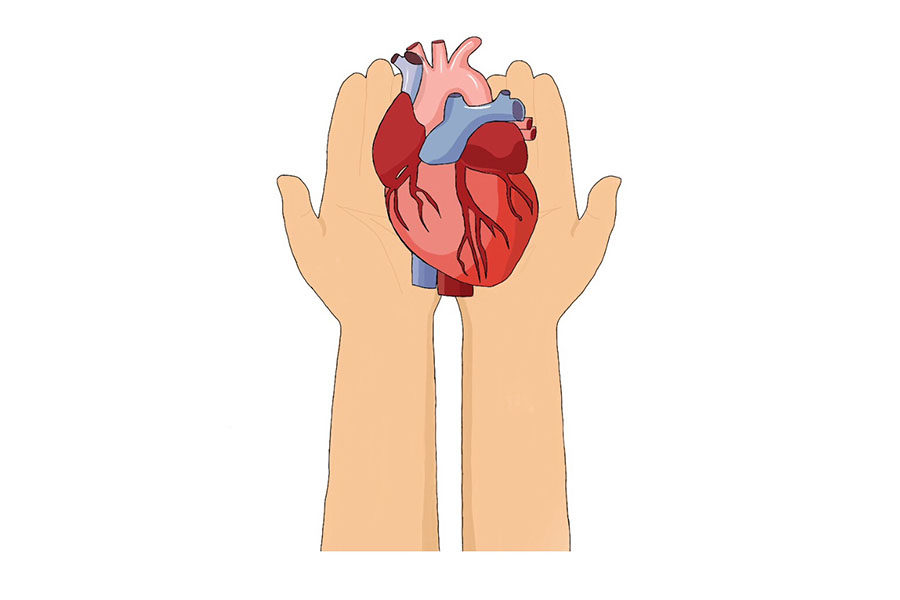
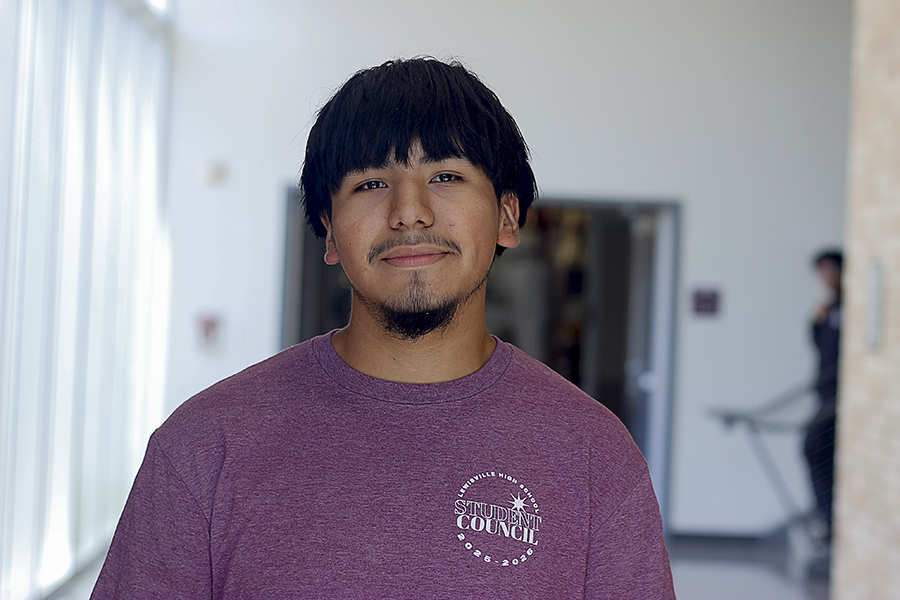
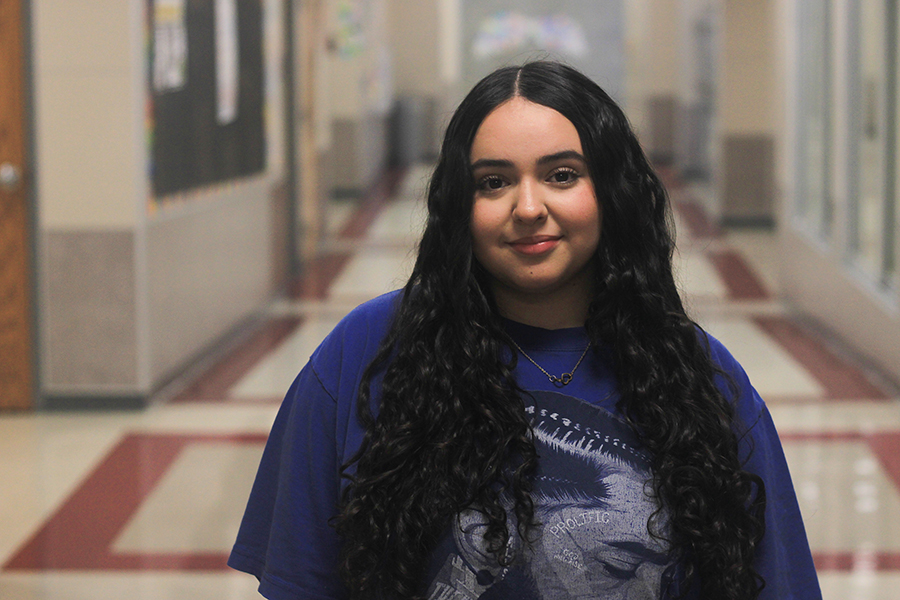
!["I hope to become fond [of] and understand the new dynamic of a life where I don't really have boundaries set by another person, but rather more of a liberal freedom."](https://farhar.net/wp-content/uploads/2025/05/topten9.jpg)
